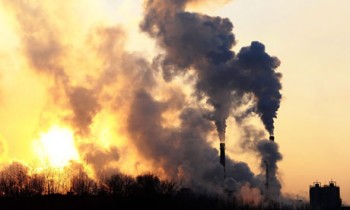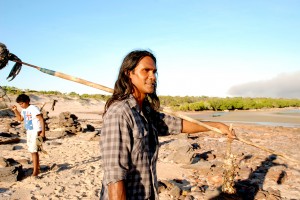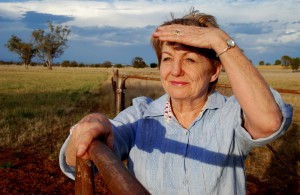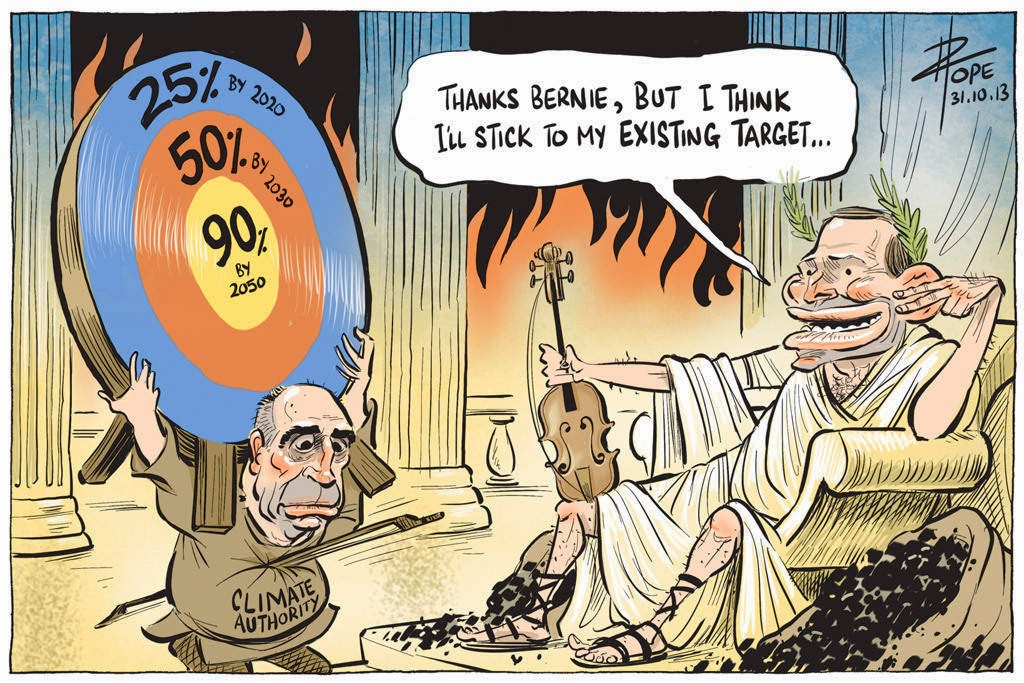Australia: nature needs you

What is fundamentally at stake in Australia right now is life – all of it!
From Australia’s last great wilderness in the Kimberley (Western
Australia), to the Pilliga woodland of New South Wales, and the towering
rainforests of Tasmania and Victoria, we are all connected to this
country in one-way or another.
Yet, our governments and their industrial sidekick corporations
continue to put at risk the community’s land, food, air, water, wildlife
and significant cultural and heritage values in order extract fossil
fuels from the ground for emerging super power countries and sustain, in
the short-term, Australia’s “economic viability”.
To deny life support to your own people in need is clearly an act of
violence. All political power rests on this violent foundation – from
the first dominion of kings and emperors to the elaborate systems of
state land management today.
In effect, it’s an invisible violence of security – a hostility that
many Australians are facing, imprisoned by an all-powerful,
imperial-like external force. Some may like to term this type of
violence a form of “terrorism” but therein lies “terrorism’s” ambiguity.
Stand-by Australia to be bombarded with fossil fuel campaigns over
the next 18 months, telling you how safe and clean these resources are
to human life.
The ‘clean’ fossil fuels campaign will undoubtedly be another sorcery
of social relations, that which big industry, governments and their
corporate media partners will spin (spending millions of dollars in the
process to back the fraudulent financial Ferris wheel), until the public
are convinced of its moral and economic rationality – thus creating
another modern-day myth for society to accept.
The truthful facts of how the industrial state complex is crippling
Australia (economically and sustainably) must be exposed to the wider
public.
The Australian nation must bond together and work up a mass system of
deterrence against this “polluted democracy” to not only save
themselves and their families but the environment that sustains us all.
Environmental destruction endorsed by governments and carried out by
big business and fossil fuel banking cartels is a challenge to
Australian society, and it must be responded to as such. If we don’t do
something right now, we will all be tied to a human catastrophe that can
never be reversed.
It’s the people alone who can lead us to a cleaner, better future.
People such as Albert Wiggan, Anne Kennedy, Bob Davey, Hedley Hoskinson
and Madeleine Deveson are standing their ground to protect nature and
attempting to reach out to the rest of Australia to wake us up from of
the propagated fossil fuel slumber.
These ordinary Australians are speaking out in a new short film
produced by Balangara Films and The Wilderness Society Inc to help
inspire all of us to act from the heart consciousness.
Watch the short film (an absolutely stunning and inspiring video):
Solutions
The risky search of fossil fuels and destruction of our
forests is a costly distraction from investing in a clean energy future.
These are just a few alternate solutions to a better, cleaner
sustainable future:
Denmark Gets One-Third of its Electricity from Wind (Earth Policy):
http://www.earth-policy.org/data_highlights/2014/highlights46
The Next 1 million (AUS) Solar Rooftops (Eco Generation):
http://ecogeneration.com.au/news/the_next_one_million_solar_rooftops/082506/
History of New Energy Invention Suppression Cases (Rense):
http://www.rense.com/general72/oinvent.htm
Global Breakthrough Energy Movement (GlobalBEM):
http://globalbem.com
What can YOU DO? Find out more:
http://www.wilderness.org.au/articles/stand-your-ground-–%C2%A0nature-needs-you
About the author: Mark Pearce is a director and producer at Balangara Films, Melbourne, Australia.
Meet some of the team:

Albert
Wiggan from the Kimberley, standing his ground to protect significant
Indigenous culture, country and heritage sites which is all under threat
from oil and gas extraction.
Wiggan from the Kimberley, standing his ground to protect significant
Indigenous culture, country and heritage sites which is all under threat
from oil and gas extraction.

Anne
Kennedy — President of the Great Artesian Basin Protection Group,
standing her ground to protect the Pilliga groundwater recharge area of
the Great Artesian Basin from the coal seam gas industry.
Kennedy — President of the Great Artesian Basin Protection Group,
standing her ground to protect the Pilliga groundwater recharge area of
the Great Artesian Basin from the coal seam gas industry.

(Left)
Hedley Hoskinson — Commercial Bee Keeper (retired) and (Right) Bob
Davey — President Beekeepers Lobby Group, protecting the leatherwood
resource; the understory of the old growth Tasmanian rainforests that
beekeepers rely on in order to help produce the majority of Tasmania’s
local food supply.
Hedley Hoskinson — Commercial Bee Keeper (retired) and (Right) Bob
Davey — President Beekeepers Lobby Group, protecting the leatherwood
resource; the understory of the old growth Tasmanian rainforests that
beekeepers rely on in order to help produce the majority of Tasmania’s
local food supply.

Madeleine
Deveson — Volunteer, helping promote a newly proposed Great Forest
National Park and protecting Victoria’s mountain ash forests that
continue to be logged and wood chipped for wastepaper.
Deveson — Volunteer, helping promote a newly proposed Great Forest
National Park and protecting Victoria’s mountain ash forests that
continue to be logged and wood chipped for wastepaper.



















